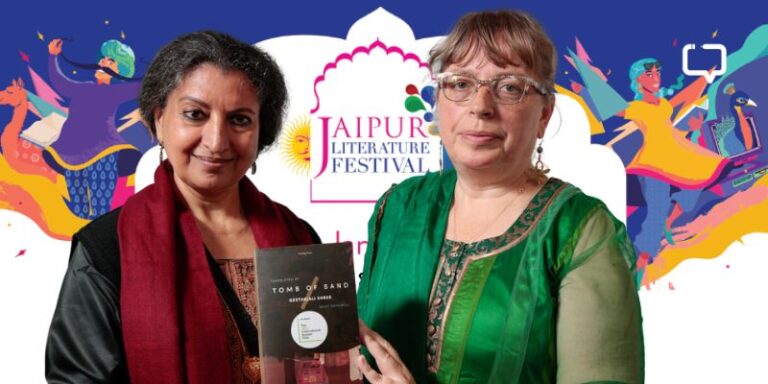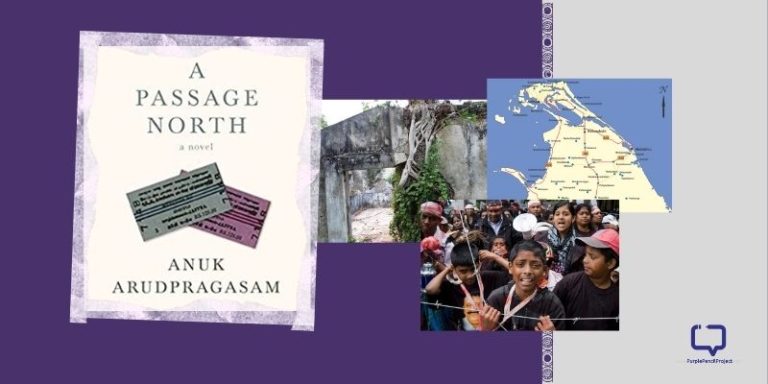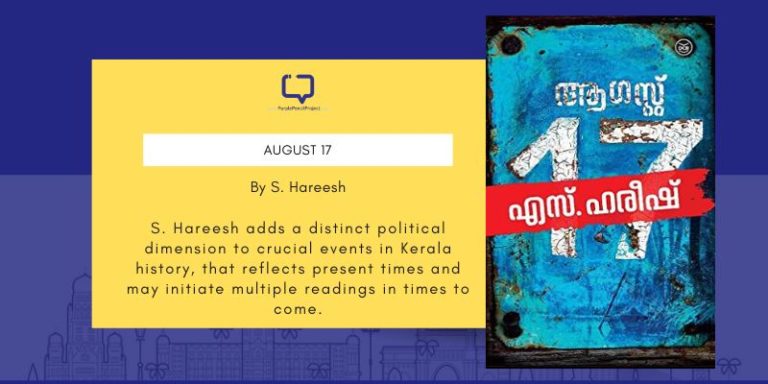
This epigraph to Jhumpa Lahiri’s Unaccustomed Earth neatly ties up the collection of short stories, which views the idea of a home away from home (a hallmark of Lahiri’s work) through rose-tinted glasses, with each story bringing a unique experience to the table.
We encourage you to buy books from a local bookstore. If that is not possible, please use the links on the page and support us. Thank you.
Individual Gems: The Love Stories
In A Choice of Accommodations and Nobody’s Business, we find the familiarity of romance and domestic strife. It is tempting to prod at Nobody’s Business through a feminist reading of the text. The demystification of Sang and her follies is conveyed through an omniscient narrator despite having Paul as a lens into the protagonist’s life.
Only Goodness addresses the relationship between stigmatized topics and identity and comments upon a larger issue. Themes of xenophobia and gendered upbringing are traced through the sibling relationship in the story. The second-person narrative technique used in Hema and Kaushik allows the characters to speak directly to each other despite distance and a large period of no contact.
And of course, Hell-Heaven which could so easily be mistaken for an episode of Modern Love on Amazon Prime- is an almost-love story, but a great love story nonetheless.
Two key elements to look out for in these six stories are belonging and intergenerational ties.
Running themes
Diasporic literature communicates what lies in the collective unconscious of those away from their homeland, and to capture this, Lahiri creates a wistful air around her characters.
Another common trope in the collection is travel, and more broadly, geography and movement, both literal and metaphorical. Characters project their internal dilemma onto landscapes, destinations and houses. In Hema and Kaushik, Kaushik’s fleeting nature and emotional instability are conveyed through his refusal to settle down.
There is a constant search for answers in the exterior reality. Ruma’s father tends the garden in her house, and the story is befittingly titled after the epigraph as Unaccustomed Earth. Sudha’s relationship with London is outside of a life that eventually revolves around her troubled brother in Only Goodness.
And it takes a trip down memory lane for Amit in A Choice of Accommodations to rekindle the dying flame in his marriage, when he returns to the campus that played a crucial role in his coming of age. In Nobody’s Business Sang seeks to find refuge from the matters of the heart in London, with her sister.
Familial Ties
Lahiri implicitly conveys a deep sense of cultural identity through kinship terms, and the important presence of parents, grandparents, and family back home in India. The stories capture affluent families that have climbed the social ladder.
They typically share common sociocultural backgrounds and end up facing similar everyday obstacles such as language barriers and an inferiority complex from rapidly growing westernization within families and the Indian- American community at large. The process of acculturation is noteworthy, but Lahiri’s inclusion of the parent-child dynamic gives the reader a multiperspective gaze.
Through non-linear narration in six of the shorter narratives (barring Unaccustomed Earth and Hema and Kaushik), Lahiri provides information on a character in crisply written sentences, allowing for the explanation of character motives and arcs. A Choice of Accommodations consists of more dialogue and picturesque writing.
Unaccustomed Earth finds Ruma and her father at critical stages in their life, where the father-daughter duo are undergoing a shared loss while dealing with impending change. The presence of a third generation in the form of Ruma’s young son highlights the permanent nature of change and it’s the holistic outcome.
The most engaging tale is Hell-Heaven. Lahiri uses consistent irony in the form of tender revelations, and creates an air of unity through diversity with characters like Boudi and Deborah and the idea of a “chosen family”.
Final verdict: Lahiri’s collection of stories are reminiscent of a lazy Sunday afternoon chat with one’s cousins, aunts and uncles; indulging in gossip about their friends, and their friends of friends. The collection makes for a good read in the academic sphere as well, as it sets the perfect tone in the discussion of diasporic literature.
Favourite Quote























